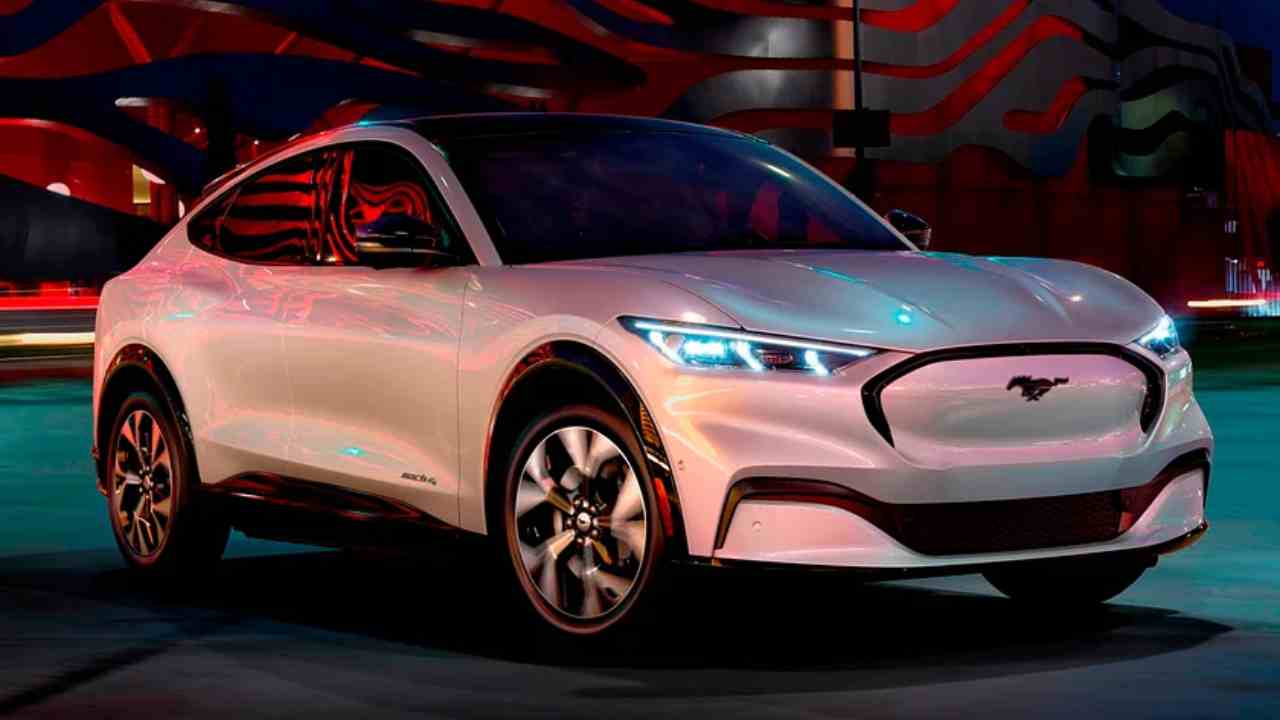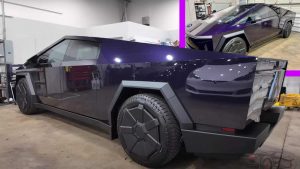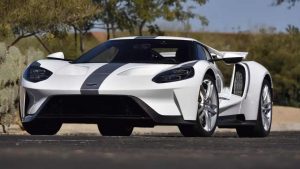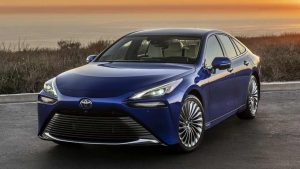Ford faces legal battles with dealerships over Model e Certified programs

Legal battles emerge
Dealerships across the United States are embroiled in legal disputes with Ford over the automaker’s Model e Certified and Model e Certified Elite programs. These programs, aimed at promoting the sale of electric vehicles (EVs), have faced resistance from dealerships in several states, including New York, South Dakota, Arkansas, Florida, Illinois, and North Carolina.
Dealerships’ concerns
The legal saga began when five dealerships in New York State filed a lawsuit against Ford in November 2022. They alleged that Ford had abruptly changed the rules, imposing significant requirements and changes on dealerships if they wanted to continue selling popular electric models like the Mustang Mach-E. Among the key concerns were the investment demands for Level 3 EV chargers, with different tiers requiring substantial financial commitments from dealerships.
Ford’s program and dealership response
Ford’s Model e Certified programs aimed to standardize pricing for EVs and eliminate dealer markups, which had tarnished the brand’s reputation. While Ford contended that participation in the program was voluntary, dealerships argued that the changes effectively prevented non-participating retailers from selling and servicing EVs. This shift in the dealer relationship, they argued, had a significant impact on their competitive position.
Legal rulings
The legal battle took a significant turn when a New York judge issued a halt on Ford and Lincoln, preventing them from enforcing the program’s requirements on dealerships until the lawsuit is resolved. The judge’s ruling emphasized that Ford had modified the franchise business relationship by restricting non-participating dealers from selling and servicing Ford EVs.
Impact and dealer standpoint
Dealerships that choose not to participate in the Model e programs may face disadvantages in their competitive position. This legal dispute has implications not only for Ford but also for Lincoln, which is looking to reduce its dealer footprint and focus on standalone retail experiences with EV programs.
Nationwide resistance
New York is not the only battleground in this legal conflict. South Dakota dealerships are also contesting Ford’s EV program, and reports suggest additional retailers in Arkansas, Florida, Illinois, and North Carolina are involved in similar disputes. Despite the resistance, over 60% of Ford and Lincoln dealerships have embraced the program, highlighting the polarized stance on selling electric vehicles among retailers.
Implications for the EV transition
The legal challenges against Ford’s Model e programs have broader implications for the transition to electric vehicles in the automotive industry. The resistance from dealerships, if successful, could hinder Ford’s ability to control dealer markups, potentially impacting customers and slowing down the overall shift towards EVs.
In summary, Ford’s efforts to standardize and promote the sale of electric vehicles through its Model e Certified programs have encountered legal opposition from dealerships in multiple states, raising questions about the future of EV adoption and dealer markups in the industry.





